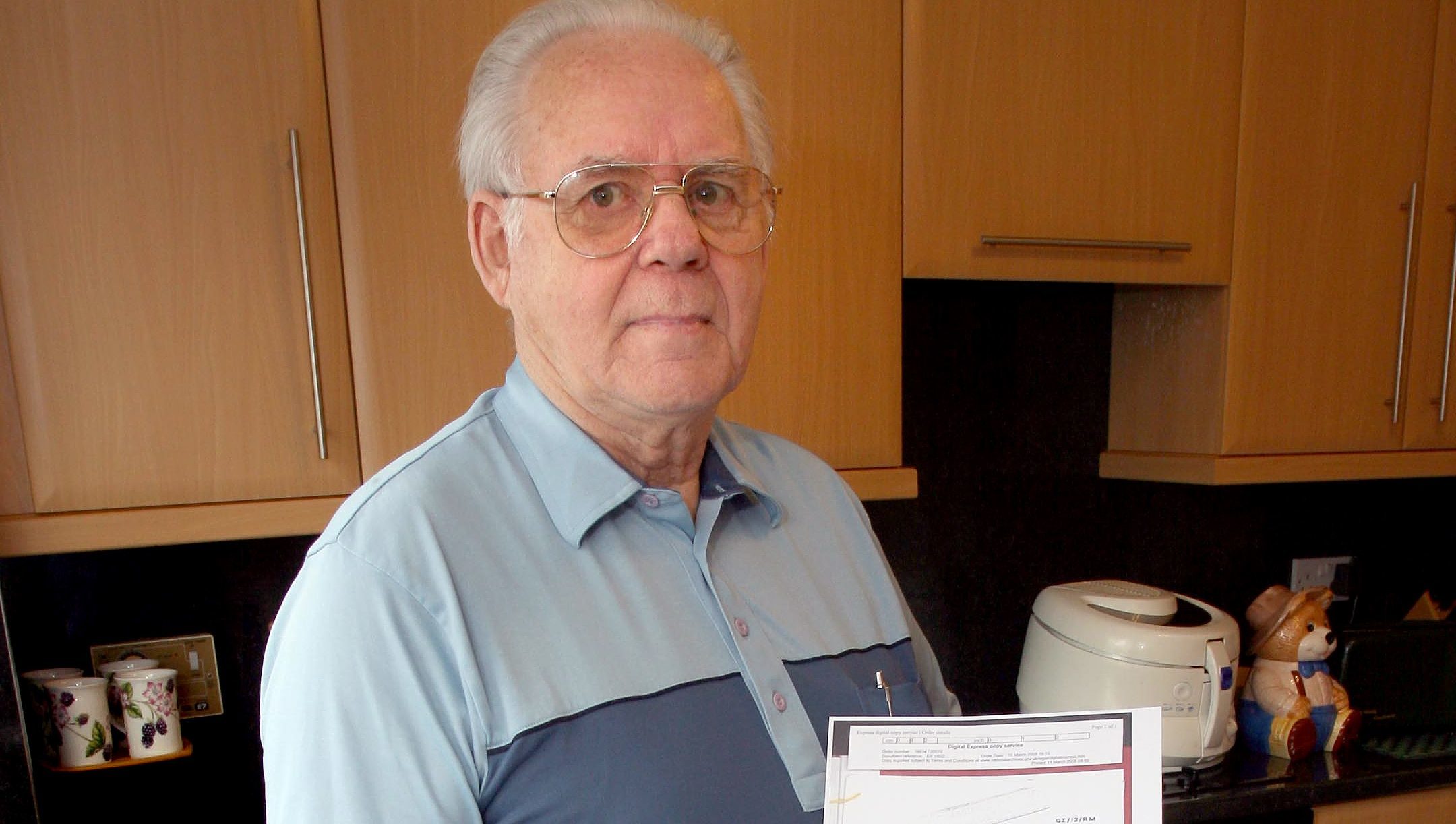A Fife pensioner who claims that he and thousands of other British servicemen were treated as human guinea pigs during the nuclear testing of the 1950s has expressed “sadness” after being banned from making any further Freedom of Information requests by the Ministry of Defence.
Eighty-year-old Dave Whyte from Kirkcaldy, who claimed he suffered sterility and genetic damage through radiation exposure during the British hydrogen and atomic bomb tests at Christmas Island in 1958, has been accused by the MoD of running a “relatively trivial, increasingly personalised” campaign.
He is also accused of having “unreasonable persistence”, being “obsessive”, “aggressive”, and of displaying “paranoia” in his “vexatious” and duplicated requests.
Mr Whyte has made up to 200 Freedom of Information requests since 2008.
His questions have ranged from queries about the number of instruments, and their purpose, held in the bunker situated at ground zero for the detonation of both Pennant and Burgee atomic bombs he attended; to why did he have a lymph node removed from his body in the immediate aftermath and what were the results?
Mr Whyte, who says he was not supplied with any protective clothing or a respirator for these tasks just 2.5 hours after each bomb, has repeatedly accused the MoD of lying when they say they don’t have the information.
But in response to his latest FOI request which sought details about his role collecting radioactive debris scattered around ground zero, the MoD has said enough is enough and has taken a firm stand by accusing him of wasting their time and resources.
It said the “greatest harassment” to staff was the sheer volume of repeat requests which created a “significant resource burden” with a “vastly disproportionate percentage of requests handled by finite staff resources”.
A spokesperson for the MoD’s Defence Equipment and Support Policy Secretariat said: “While I appreciate that this decision will undoubtedly be disappointing for you, it is simply not possible for the department to continue to devote such significant resources to continuing to respond to your requests.
“As a result we will not comply with this request, or any further requests under the FOI Act relating to the UK nuclear tests in the 1950s and 1960s.”
Mr Whyte, who lost a war pension tribunal in 2013 because he was deemed not ill enough immediately after the nuclear tests and in the decades since, told The Courier he will fight on regardless.
He said: “The attitude of the Ministry of Defence saddens me.
“I have made many requests for information relating to the levels of radiation at the nuclear test sites and have been ‘palmed off’ with lies.
“When serving in the armed forces, you give 100% loyalty to your country. Unfortunately, in return, you are treated as a second class citizen and lied to.
“I will be continuing with my fight for compensation for all nuclear veterans and their families.”
The MoD has said it is unable to discuss individual cases but says it recognises the “debt of gratitude” owed to servicemen and women who took part in the nuclear tests whilst helping to keep Britain secure at a difficult time in terms of nuclear technology.
Asked how common it was for individuals to be banned from making FOI requests, the UK Information Commissioner said it would not comment.
Instead the Commissioner directed The Courier towards section 14(1) of the Freedom of Information Act, whereby public authorities do not have to comply with vexatious requests.
The Act states: “Whilst public authorities should think carefully before refusing a request as vexatious they should not regard section 14(1) as something which is only to be applied in the most extreme of circumstances.
“Sometimes a request may be so patently unreasonable or objectionable that it will obviously be vexatious.
“In cases where the issue is not clear-cut, the key question to ask is whether the request is likely to cause a disproportionate or unjustified level of disruption, irritation or distress.
“This will usually be a matter of objectively judging the evidence of the impact on the authority and weighing this against any evidence about the purpose and value of the request.
“The public authority may also take into account the context and history of the request, where this is relevant.”









